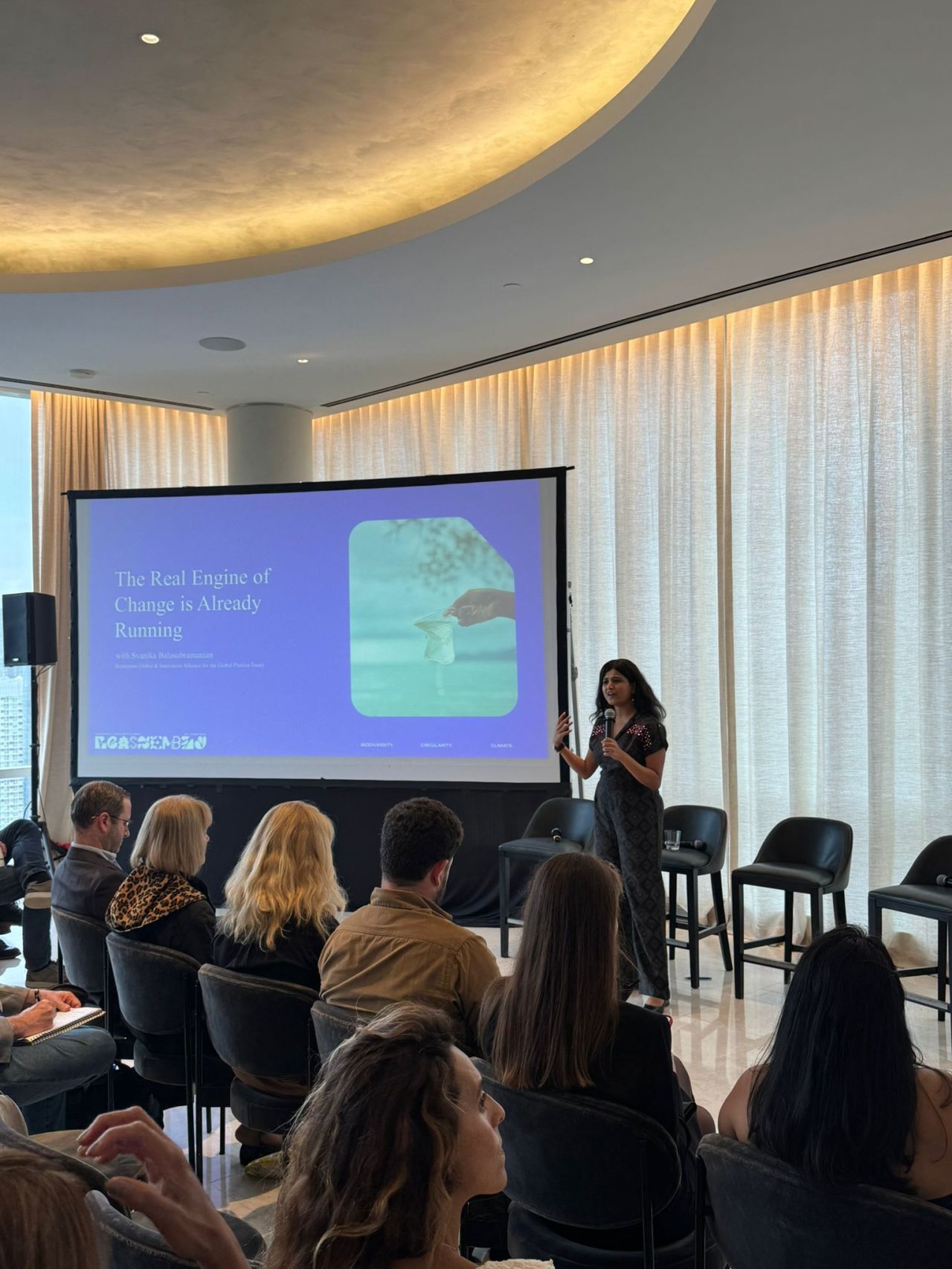As sustainability regulations evolve, Extended Producer Responsibility (EPR) is becoming a critical factor for Consumer Packaged Goods (CPG) companies in the United States. If you're a sustainability manager, compliance manager, or brand manager at a small to mid-sized CPG company, understanding EPR can help you stay ahead of regulatory changes, reduce costs, and enhance your sustainability credentials.
What Is Extended Producer Responsibility (EPR)?
EPR is a policy approach that shifts the responsibility for managing a product’s end-of-life from consumers and municipalities to the producers themselves. This means that brands and manufacturers are accountable for the collection, recycling, and proper disposal of the products and packaging they introduce to the market.
Traditionally, waste management has been the domain of local governments, funded through taxpayer dollars. EPR flips the script by requiring producers to internalize these costs, providing an incentive to design products that are more sustainable, recyclable, and less wasteful.
Why Should CPG Companies Care About EPR?
1. Regulatory Compliance Is No Longer Optional
Several U.S. states, including California, Maine, Colorado, and Oregon, have already enacted EPR laws for packaging. More states are likely to follow suit, meaning companies that sell across multiple regions must navigate a complex and evolving compliance landscape.
2. Financial Implications
EPR laws often require companies to contribute to funding recycling programs, either through fees, deposits, or direct investments in waste management infrastructure. If not planned for, these costs can be as high as $25,000 per day of missed payments.
3. Sustainability & Brand Reputation
Consumers and investors are increasingly prioritizing environmental responsibility. Companies that proactively adopt EPR-compliant packaging and sustainable product design can differentiate themselves in the market and strengthen brand loyalty.
4. Operational Adjustments & Supply Chain Changes
EPR laws can necessitate changes to packaging materials, labeling, and reporting requirements. Some regulations may require brands to work closely with recyclers, develop take-back programs, or use more sustainable packaging.
What Steps Should Your Company Take?
1. Assess Your Product & Packaging Footprint
Understand the materials used in your products and packaging. Conduct a packaging audit to determine which components are recyclable and which may pose compliance risks under emerging EPR laws.
rePurpose Global’s Packaging Platform was developed in collaboration with regulators and industry experts to help you understand your waste and climate footprint better, and get you compliance-ready. Reach out to us for a free demo.
2. Stay Informed on State-Level Regulations
Since EPR laws vary by state, companies need to track compliance requirements across their markets. Partnering with industry associations or platforms like rePurpose Global can help you stay ahead of evolving legislation.
3. Optimize Packaging for Recyclability
Invest in packaging design that is:
- Easily recyclable within existing municipal programs
- Made with post-consumer recycled content
- Free from harmful additives that hinder recyclability
- Designed to minimize waste (e.g., light-weighting)
4. Collaborate with Industry Initiatives
Many CPG companies are joining producer responsibility organizations (PROs) or industry-led coalitions to share resources, fund recycling infrastructure, and advocate for harmonized EPR policies. Learn more about the US’s primary PRO, the Circular Action Alliance, here.
5. Prepare for Reporting & Fee Obligations
EPR laws often require companies to submit detailed reports on their packaging materials and pay fees based on recyclability and environmental impact. Ensure your data tracking systems can handle these requirements.
Looking Ahead: EPR as an Opportunity, Not Just a Mandate
EPR laws are reshaping the CPG industry, but they also present a strategic opportunity. Companies that adapt early can gain a competitive advantage, reduce long-term costs, and meet rising consumer expectations for sustainability. By taking proactive steps now, small to mid-sized brands can not only ensure compliance but also position themselves as sustainability leaders in the market.
Need Help Navigating EPR Regulations?
If you're looking for guidance on how to prepare your company for EPR laws, reach out to us for a free demo.
By embracing EPR, brands can turn regulatory challenges into a catalyst for innovation, efficiency, and long-term success.


.jpg)
.avif)
.avif)







